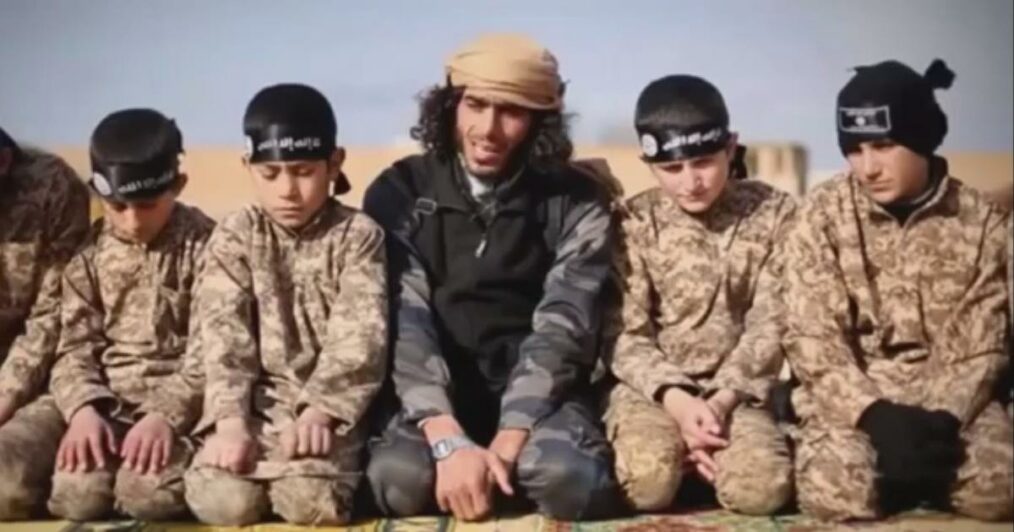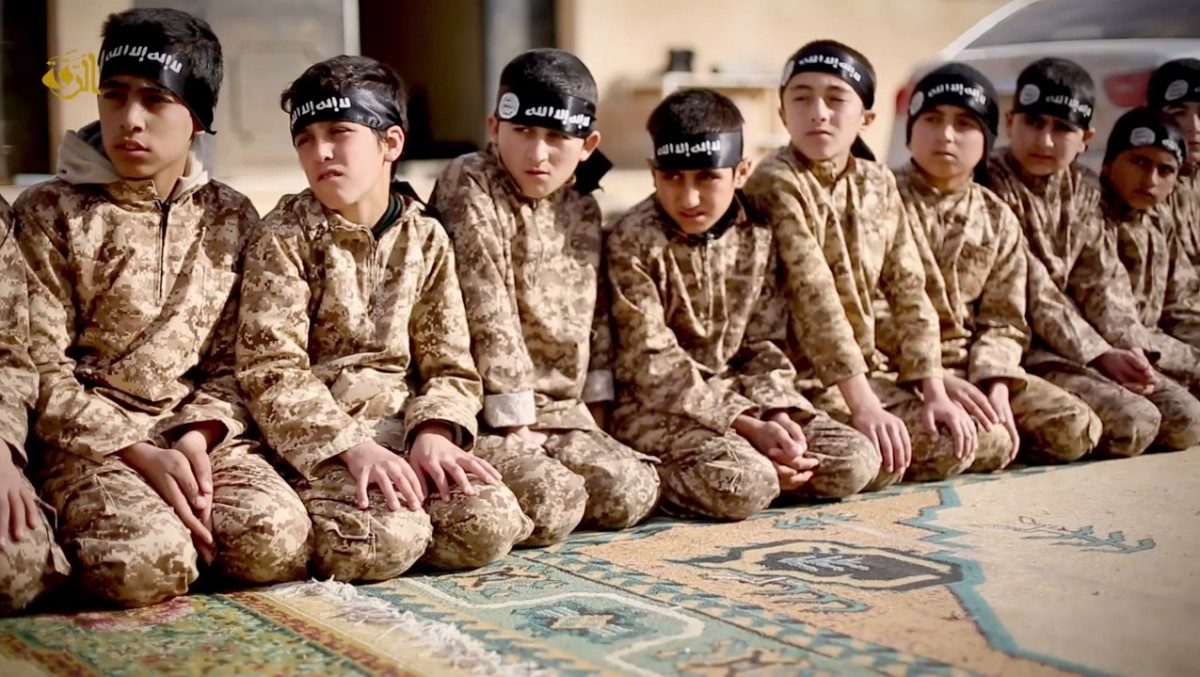
Youth, Radicalization, and Rehabilitation in Northern Iraq: A Life-Skills Approach
The Iraqi government has initiated a series of educational programs in detention centers that focus on the deradicalization of youngsters who were once part of terror groups such as ISIS. In a detention center in Northern Iraq, teenagers who were once ISIL recruits are learning to lead productive, non-violent lives. The detention center houses 75 boys, with the youngest being only 11 years old.
The boys have been accused or convicted of crimes, in some cases, as serious as murder and rape. Rather than having them sit in jails with other criminals and extremists, the center focuses on rehabilitation. The center takes responsibility for providing what it sees as traumatized teens with education and vocational skills, as well as arts exposure in the hopes of transforming a, “…destroyed person, into someone who has a life.”
Despite its honorable intentions, rehabilitation programs like this one are controversial with some. The question asked is whether these youngsters who have lived at least part of their lives dedicated to terror and extremist ideology can change.
Tariq Noori, who works at the Security Council of Kurdistan, believes their chances of a successful outcome are 50/50, a superior stat to the recidivism rate of parolees from Iraq’s prisons. That said, last month an attack on Kurdistan Regional Government headquarters was believed to have been perpetrated, in part, by a young man released from the center.
This is the only center with the capacity to leverage multiple educational efforts to deradicalize the youth. It should be pointed out, if any of these youngsters are released from this center and commit another crime, the government’s next move is to send them to one of the federal prisons run by Bagdad.
Needless to say, there, these young men will find no rehabilitation programs. The communities into which these young men are being released must avail continued support. It will take more than their term in the center to keep such young men motivated for good, and shunning extremism’s allure.
With programs in the communities, perhaps Iraqis can push that 50/50 chance of success to 60/40 or 80/20 in peace’s favor.
To counter violent extremism governments, institutions, and the populace should counter-narratives and help victims find peace and societal acceptance. Educational rehabilitation programs like the Iraqi Rehabilitation Center are critical to deradicalizing youth and ensuring these young men avoid extremist thought – in sum, to be productive members of society.
The rehabilitation center’s providers are optimistic. They hope the program is transformational, allowing boy soldiers to just be boys. In one interview, a young boy talks about leaving the violent part of his life behind and wanting to be a football player. We cannot give up on these boys, or we risk losing another generation to extremism.

